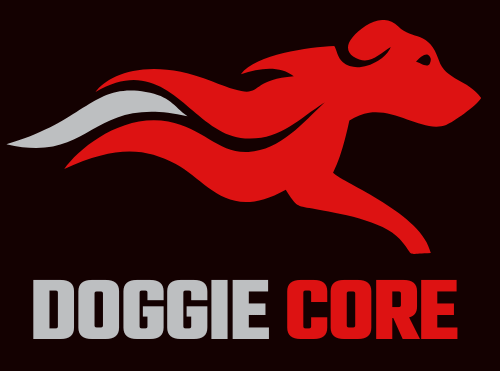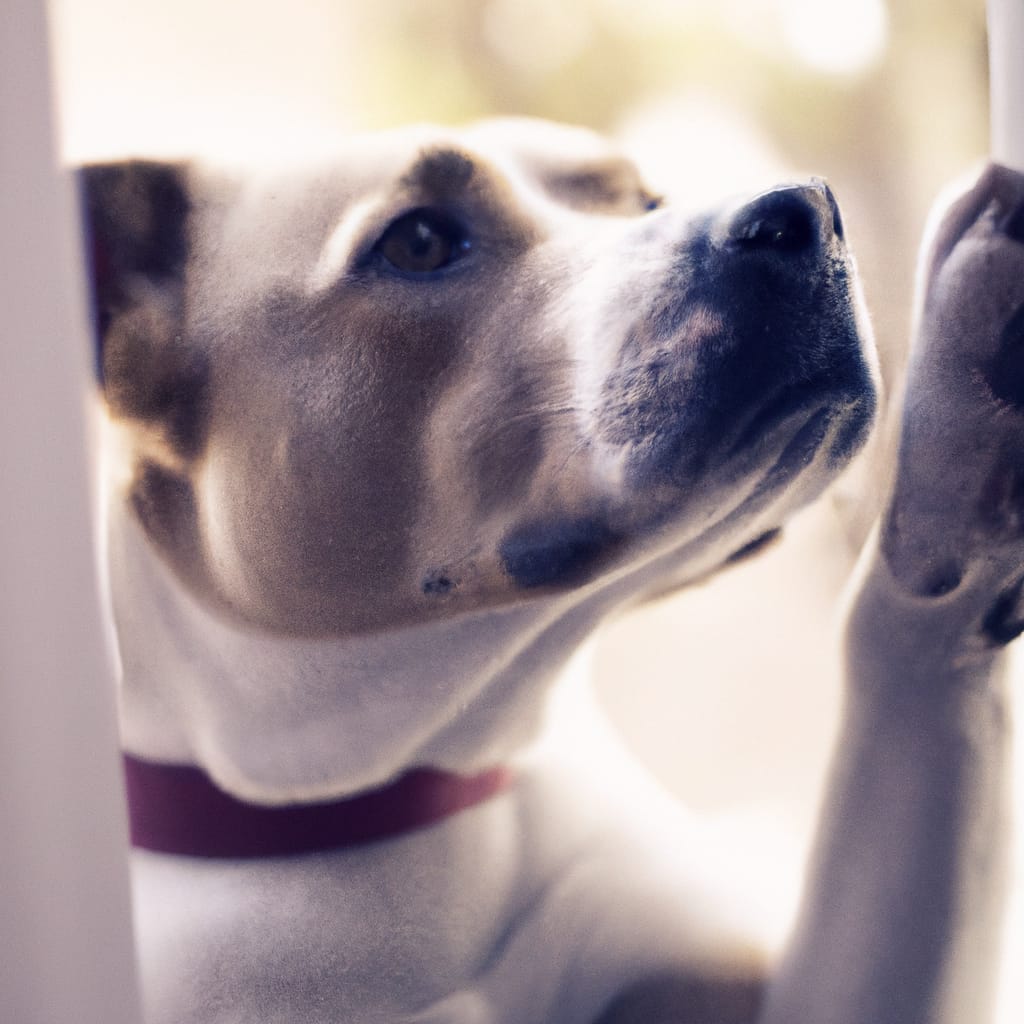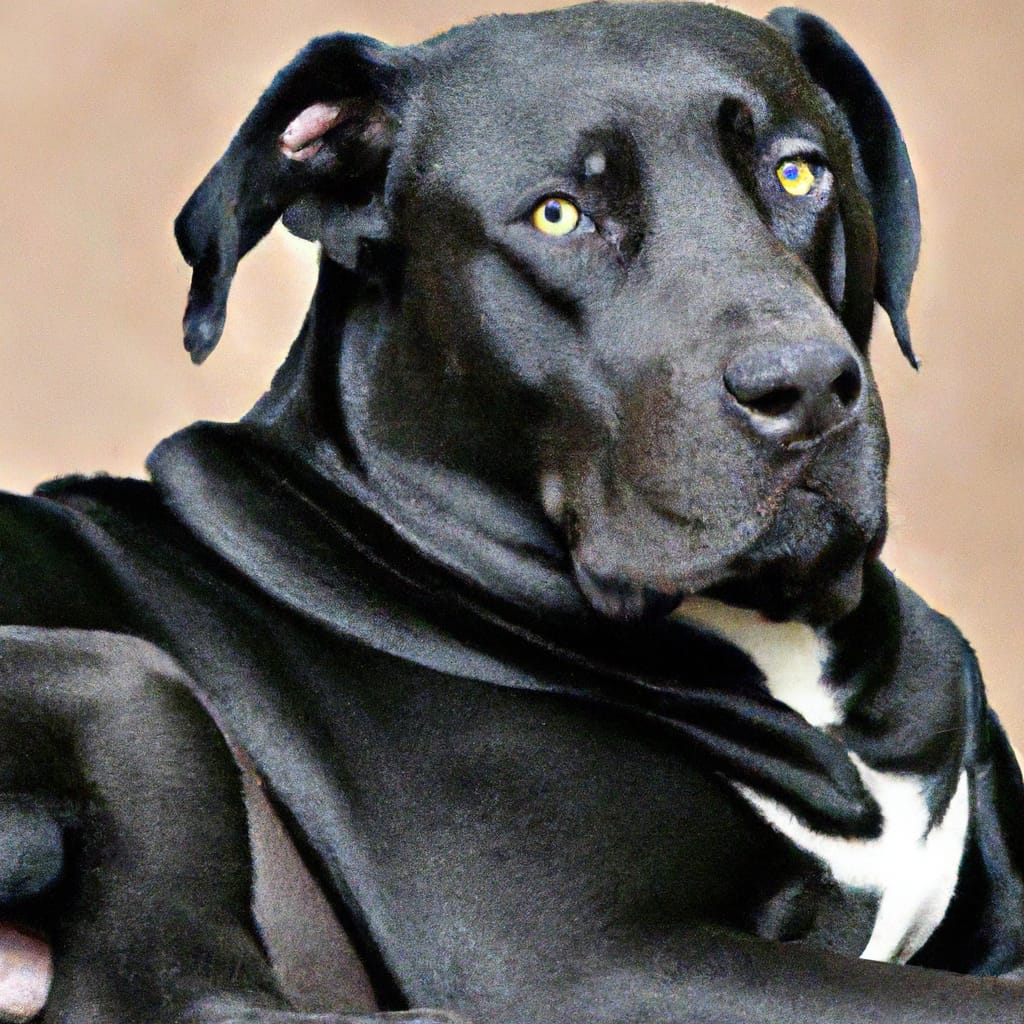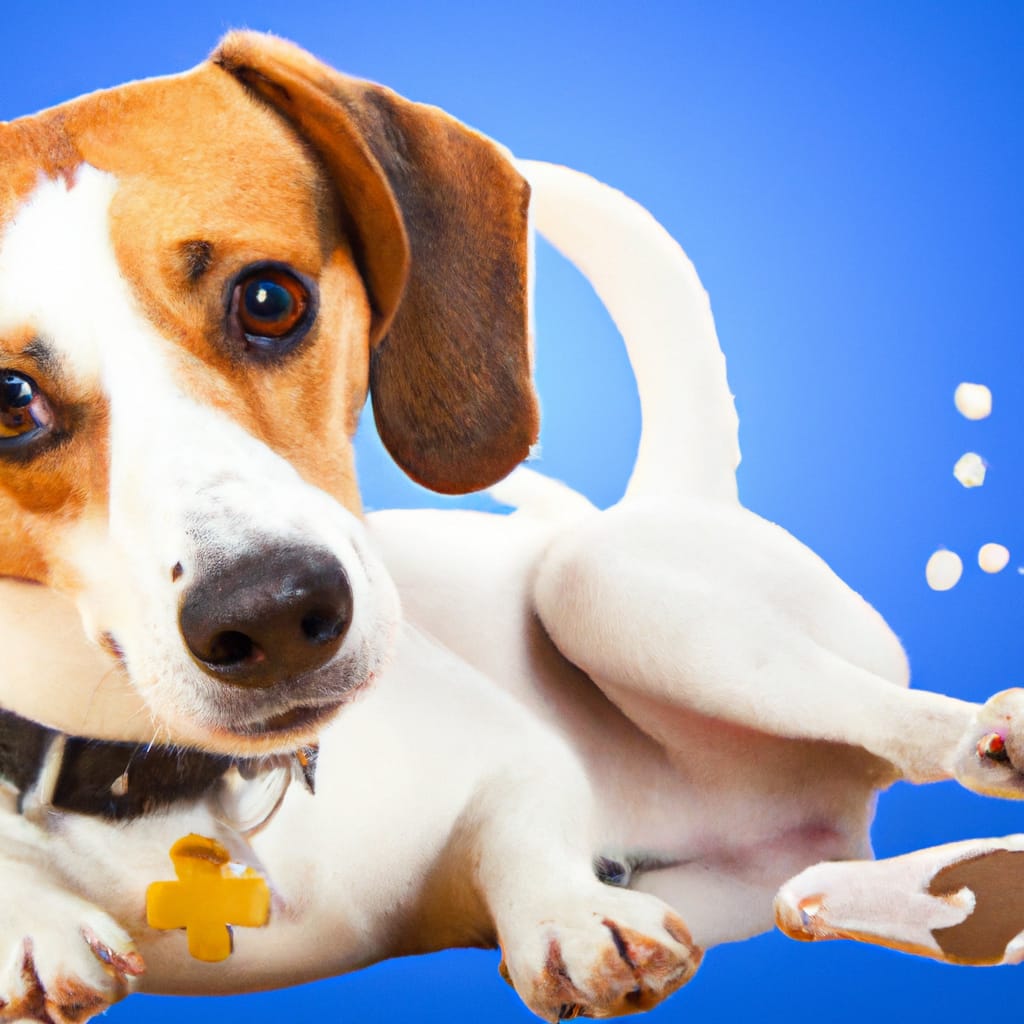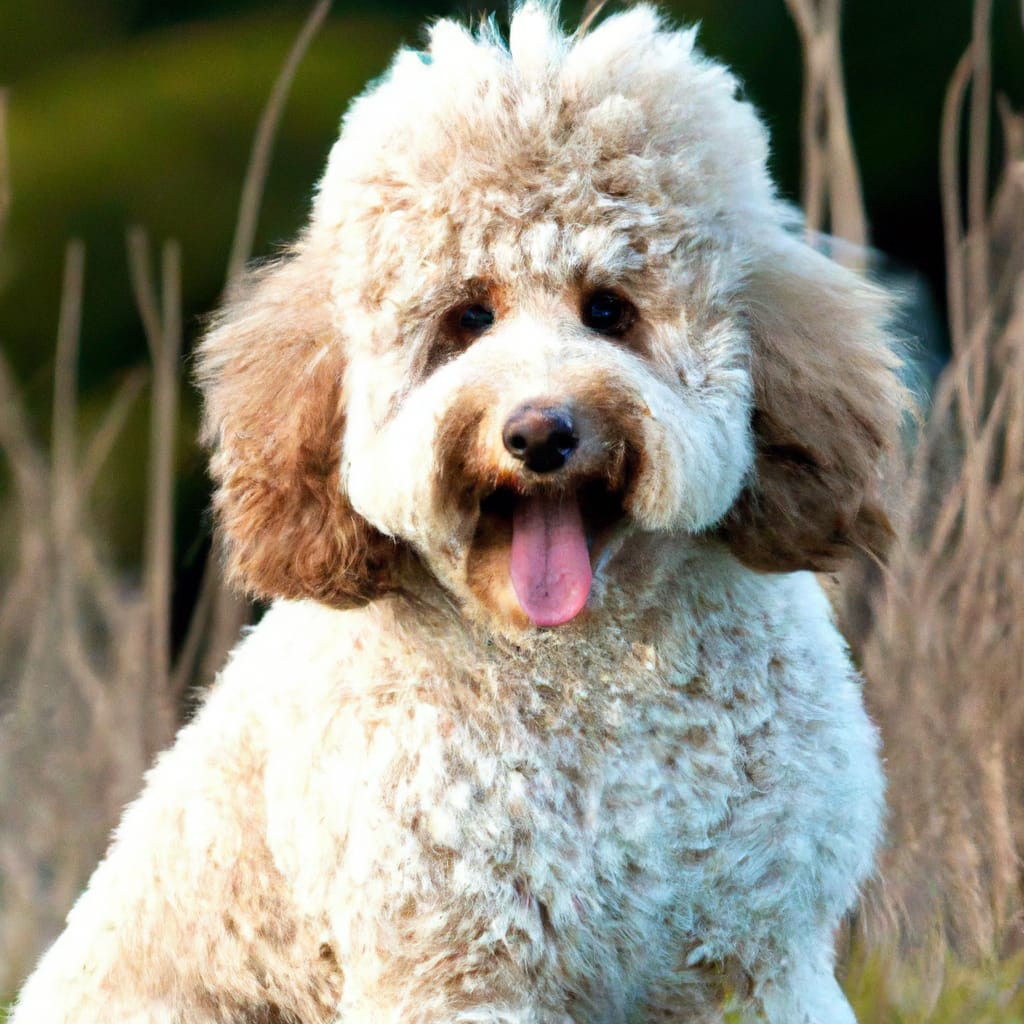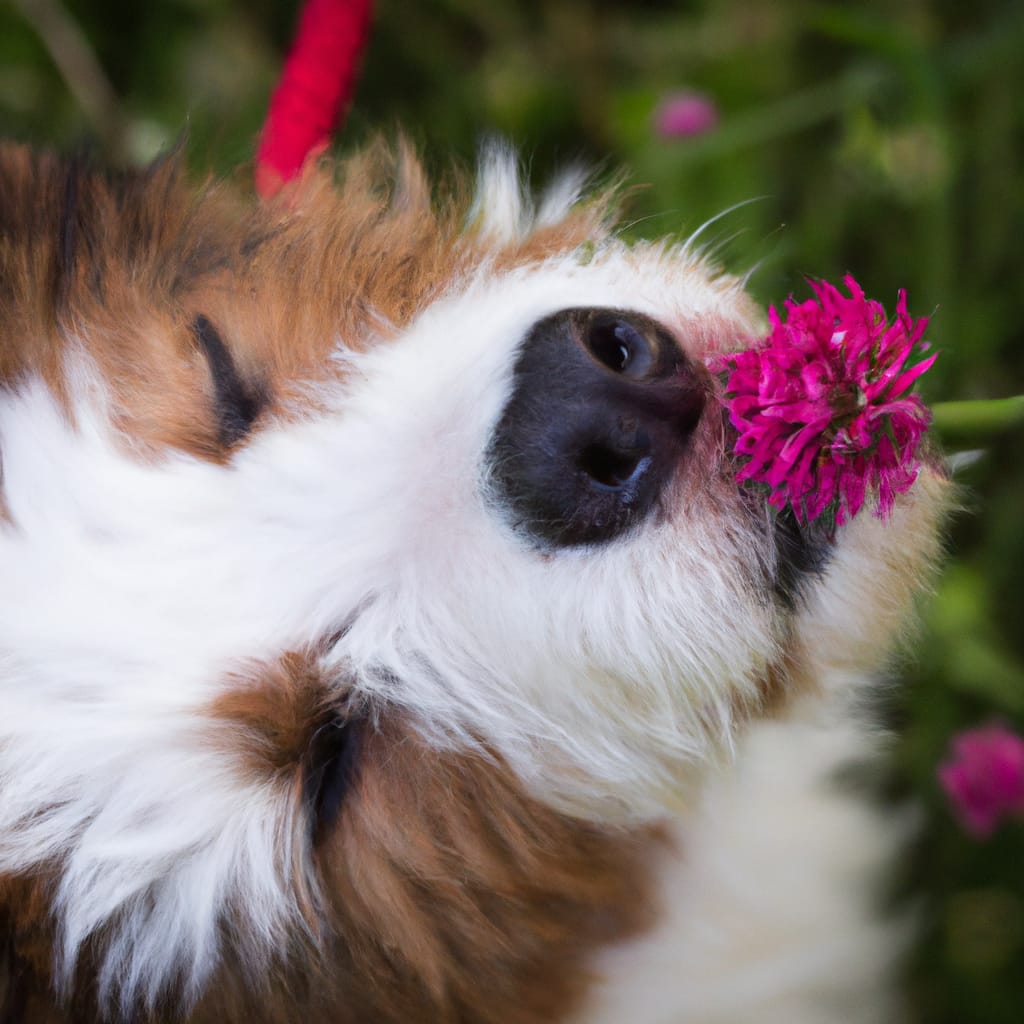What To Do When Your Puppy Gets The Hiccups
Has your adorable little puppy ever experienced the discomfort of hiccups? We all know that feeling – that sudden uncontrollable contraction of the diaphragm followed by a distinct “hic” sound. While it may be amusing for us, it can be quite distressing for your furry friend. So, what can you do to help relieve their hiccups and ensure their well-being? In this article, we’ll share some easy and effective techniques to calm those cute puppy hiccups, leaving you both feeling relieved and happy.
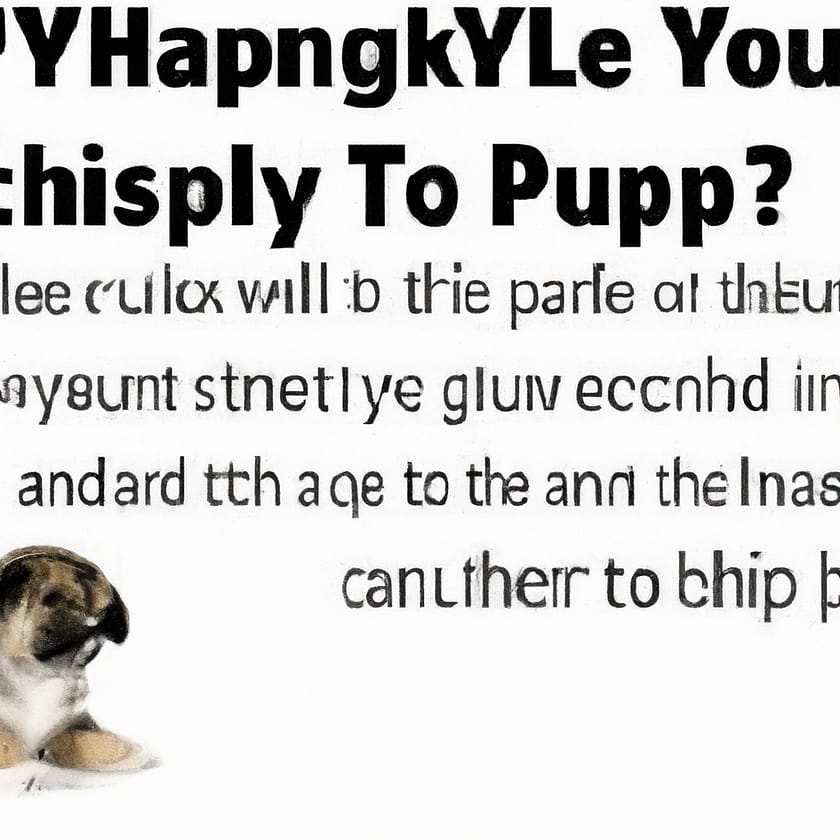
Causes of Puppy Hiccups
Puppy hiccups can be caused by a variety of factors. One common cause is swallowing air while eating or drinking. Puppies are often excited and may eat or drink too quickly, resulting in the ingestion of air. This can lead to hiccups. Another cause of puppy hiccups is excitement or stress. Just like humans, puppies can get hiccups when they are feeling anxious or overexcited. Temperature changes can also trigger hiccups in puppies. Going from a warm environment to a cold one, or vice versa, can cause their diaphragm to contract and result in hiccups. Gastric reflux, which is the backward flow of stomach acid into the esophagus, can also cause hiccups in puppies. Lastly, nerve irritation can be a factor in puppy hiccups. If a puppy’s nerves in the diaphragm area are irritated, it can lead to spasmodic contractions and hiccups.
Symptoms of Puppy Hiccups
Identifying the symptoms of puppy hiccups is essential to understand when your furry friend is experiencing this common condition. One of the most obvious symptoms is the presence of audible hiccups. You may hear a series of small, rhythmic sounds as your puppy’s diaphragm contracts involuntarily. Another symptom is spasmodic contractions of the diaphragm. You may notice a slight jerking motion in your puppy’s chest or abdomen as the hiccups occur. These spasmodic contractions can sometimes be accompanied by brief episodes of mild discomfort, as puppies may feel a slight tug or pull in their chest or throat.
When to Be Concerned
While puppy hiccups are generally harmless and tend to resolve on their own, there are times when you should be concerned. If your puppy experiences persistent hiccups lasting more than a few hours, it is wise to seek veterinary attention. Prolonged hiccups may indicate an underlying medical condition that requires further investigation. Vomiting or diarrhea accompanying hiccups could also be a cause for concern. If your puppy shows signs of gastrointestinal distress in addition to hiccups, it is essential to consult with a veterinarian. Difficulty breathing or signs of distress, such as coughing or wheezing, should not be ignored. Refusing to eat or drink, as well as exhibiting lethargy or weakness, may be indicators that something more serious is going on.
Home Remedies for Puppy Hiccups
If your puppy is experiencing hiccups, there are a few simple home remedies you can try to alleviate their discomfort. Offering a small amount of water can help soothe the irritation in their throat and potentially stop the hiccups. Giving your puppy a gentle belly rub can also help relax their diaphragm and relieve hiccups. Sometimes, distracting your puppy with toys or treats can help calm their excitement or stress, which may be contributing to the hiccups. Additionally, changing your puppy’s eating habits, such as slowing down their eating pace or using a puzzle feeder to encourage slower consumption, can reduce the likelihood of hiccups occurring.
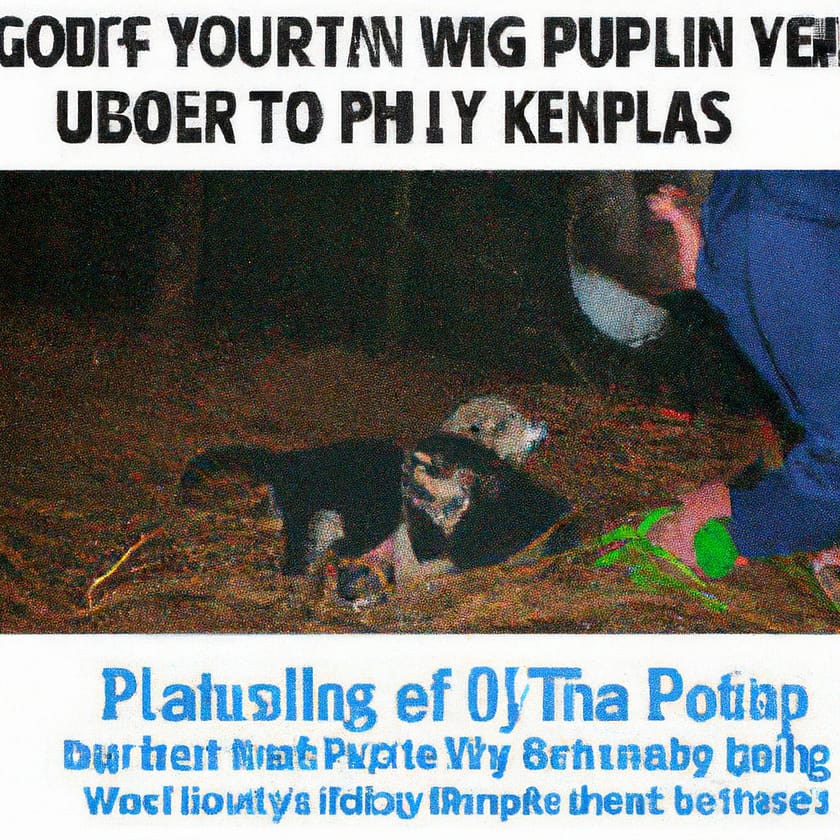
Preventing Puppy Hiccups
While it may not be possible to completely prevent puppy hiccups, there are steps you can take to minimize their occurrence. Feeding your puppy smaller and more frequent meals can help reduce the risk of swallowing air and subsequently experiencing hiccups. Avoiding rapid eating or drinking is crucial, as fast consumption increases the likelihood of air ingestion. Keeping your puppy calm and relaxed through regular exercise, playtime, and providing a comfortable environment can also help prevent hiccups triggered by excitement or stress. Maintaining a consistent temperature in your puppy’s surroundings is essential, as sudden changes in temperature can induce hiccups. Lastly, monitoring dietary changes, such as introducing new foods gradually, can help prevent hiccups caused by gastric reflux or digestive disturbances.
When to Seek Veterinary Care
While most cases of puppy hiccups are harmless and resolve on their own, certain situations warrant seeking veterinary care. If your puppy experiences persistent or severe hiccups that do not subside, it is best to consult a veterinarian. These prolonged episodes could be a sign of an underlying health issue that requires professional evaluation and treatment. If the hiccups are accompanied by other symptoms of illness, such as lethargy, loss of appetite, or changes in bathroom habits, veterinary care is necessary. Additionally, if you have concerns about your puppy’s overall health, regardless of the presence of hiccups, it is always better to err on the side of caution and seek professional advice.
Conclusion
Puppy hiccups may be an adorable and often harmless occurrence, but it is essential to understand their causes, symptoms, and when to be concerned. While swallowing air, excitement or stress, temperature changes, gastric reflux, and nerve irritation can all contribute to puppy hiccups, most cases resolve on their own without intervention. However, persistent hiccups, accompanying symptoms of illness, and concerns about your puppy’s overall health should prompt a visit to the veterinarian. With proper care, such as offering water, gentle belly rubs, distraction techniques, and mindful feeding practices, you can help alleviate your puppy’s hiccups or reduce their frequency. By understanding the causes, symptoms, and appropriate actions to take, you can ensure your furry friend’s well-being and provide them with the necessary care when needed.
